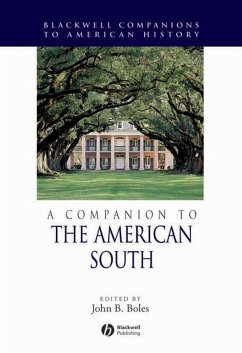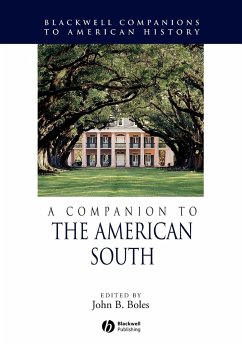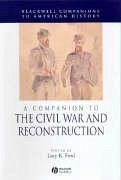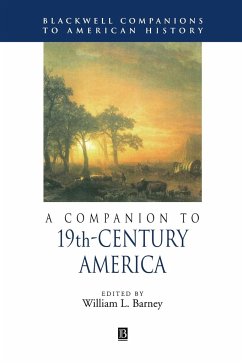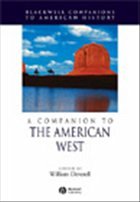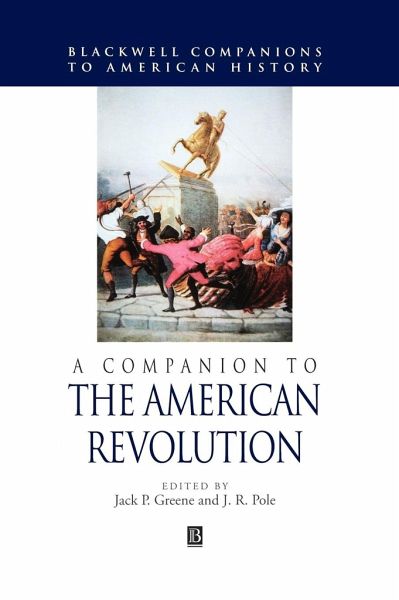
A Companion to the American Revolution

PAYBACK Punkte
98 °P sammeln!
A Companion to the American Revolution is a single guide to the themes, events and concepts of this major turning point in early American history. Containing coverage before, during, and after the war, as well as the effect of the Revolution on a global scale, this major reference to the period is ideal for any student, scholar, or general reader seeking a complete reference to the field.





